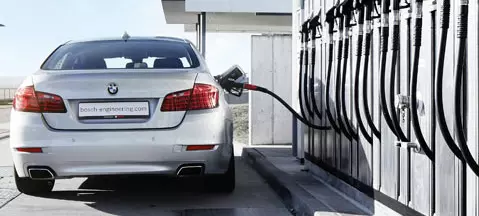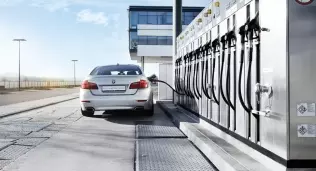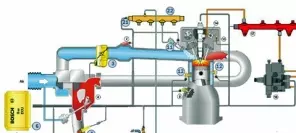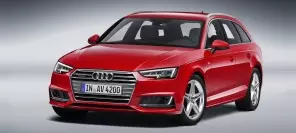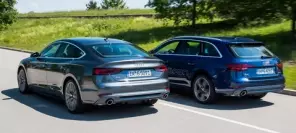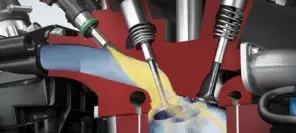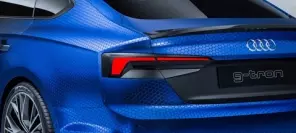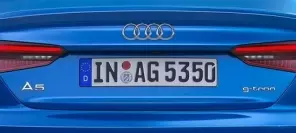- Main page
- Search
- Up to date
- Products
- Technology
- Vehicles
- Video
- Conversion Payback Simulator
Port Injection - Conversion Payback Simulator
Direct Injection - Conversion Payback Simulator
Diesel - Newsletter
Bosch is working on unnatural gas
 loading results...
loading results...Call us old-fashioned if you will, but we prefer the sound, smell and vibe of the good old ICE to the slightly frightening sterility of the electric motor. Of course, high torque available right from 1 RPM sounds tempting and all, but a car whose reaction to throttle is nothing but sheer acceleration, stands little chance of winning over a petrolhead. Or an autogashead/methanehead for that matter, since gaseous fuels help keep running costs down and improve the environmental record without taking away the sensual impression provided by a motor vehicle. And now, with Bosch's newly developed technology – assuming it's going to catch on – piston engines may no longer be considered foes by the environmentalists.
The German technological mogul, whose inventions are so commonplace in the automotive world that without them perhaps as much as 90% of all cars produced in the world wouldn't be able to move a single metre, devised a method to convert previously captured CO2 back into fuels, including methane. While vehicles running on such synthetic fuels still emit carbon dioxide and other pollutants, at least the greenhouse gas is being offset by the fuel's manufacturing process. At least as long as renewable energy is used along the way.
Putting nitrogen oxides and particulate matter aside (after all, the battle today is about reducing CO2), the technology is estimated to cut emissions of carbon dioxide by 2,8 billion tonnes by the year 2050. However, the environment is not the only one to benefit from the invention – Bosch claims that a hybrid car running on their fuel would prove more economical over a distance of 160 thousand km than an EV! Again, given that electricity for either the hybrid or the EV come from renewable resources.
Can Bosch's idea become more than just... well, idea? Considering the fact that modern ICEs have a thermal efficiency of around 40% at best (which means only 40% of the energy produced from burning the fuel is used to move the vehicle, the rest is wasted in the firm of friction and heat), while electric motors easily achieve above 90%, the question seems a rhetorical one. However, we still need to address the issue of rising CO2 levels (so converting it into fuels is certainly an option) and we have hundreds of millions of cars requiring liquid and gaseous fuels (and we're not going to get rid of them anytime soon), with millions more coming, so why not take the opportunity? Especially that it's a necessity rather than opportunity.
